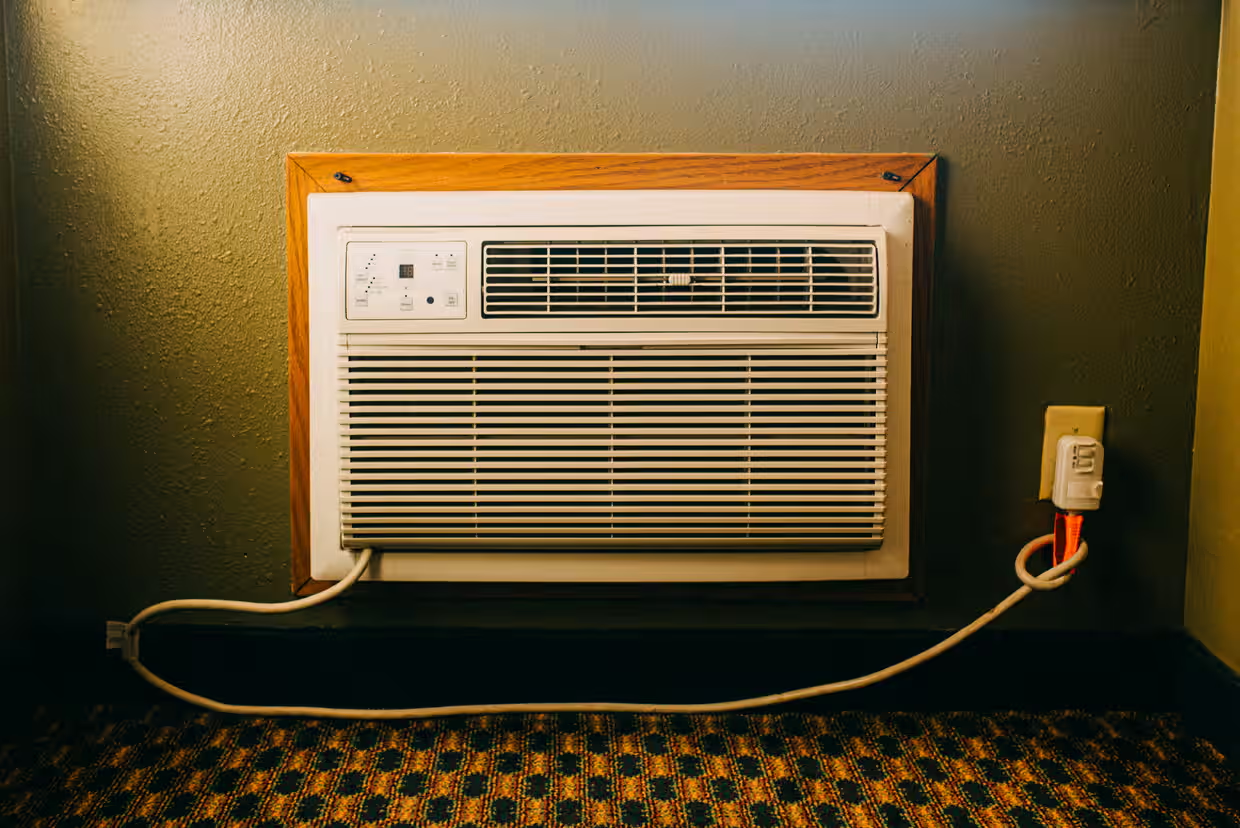Robert F Kennedy Jr, the secretary of Health and Human Services (HHS), is facing new demands to release almost $400m allocated by Congress to help low-income US families keep the air conditioning on this summer.
The funds are under threat after the staff running a decades old program were fired – as part of the Trump administration’s so-called ‘efficiency’ drive.
States and tribal nations are still waiting for funding allocated by Congress for the Low Income Home Energy Assistance Program (LIHEAP) – a chronically underfunded bipartisan program that helped around 6 million households keep on top of energy bills last year.
The money is stuck in limbo after the Trump administration this month eliminated the division of energy assistance (DEA) – the office within the Department of Health and Human Services (HHS) that oversees the four-decade old program – and fired the entire staff.
Pressure is now growing on Kennedy to reinstate the staff and guarantee that the energy aid be distributed to the states – in compliance with the administration’s constitutional obligation to abide with congressional appropriations.
...
One in four low-income households already spend more than 14% of their income on energy bills – which is more than 4.5 times the average energy burden.
Energy debt and potentially life threatening shutoffs during extreme cold and hot days will increase without LIHEAP and unless states take steps to increase bill assistance and adopt comprehensive emergency moratoriums on utility disconnections to protect vulnerable residents, according to Sanya Carley, presidential distinguished professor at the Kleinman Center for Energy Policy at University of Pennsylvania.
“Long term, a lack of staff to oversee the allocation of LIHEAP funds could severely compromise the program’s existence,” said Carley, who also co-directs the university’s energy justice lab.
In order to account for rising temperatures caused by the climate crisis and the impact of tariffs, an estimated $7bn is needed for LIHEAP in 2026, according to Wolfe, who is also co-director of the Center on Energy Policy and Poverty. “If the administration doesn’t continue LIHEAP, the lives of poor people will get much harder. We’ll be going down a very bad road.”
HHS has been contacted for comment.
...


